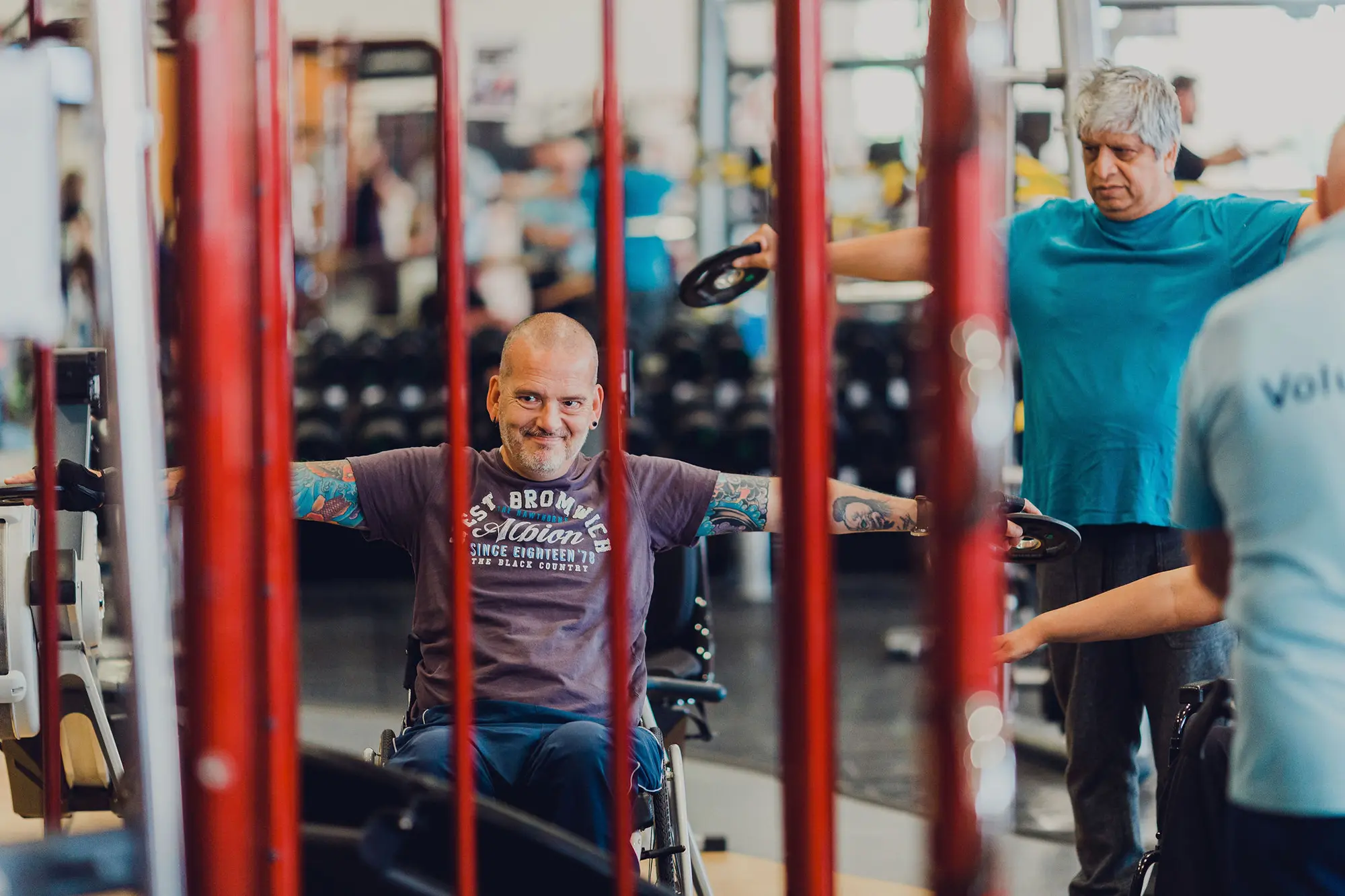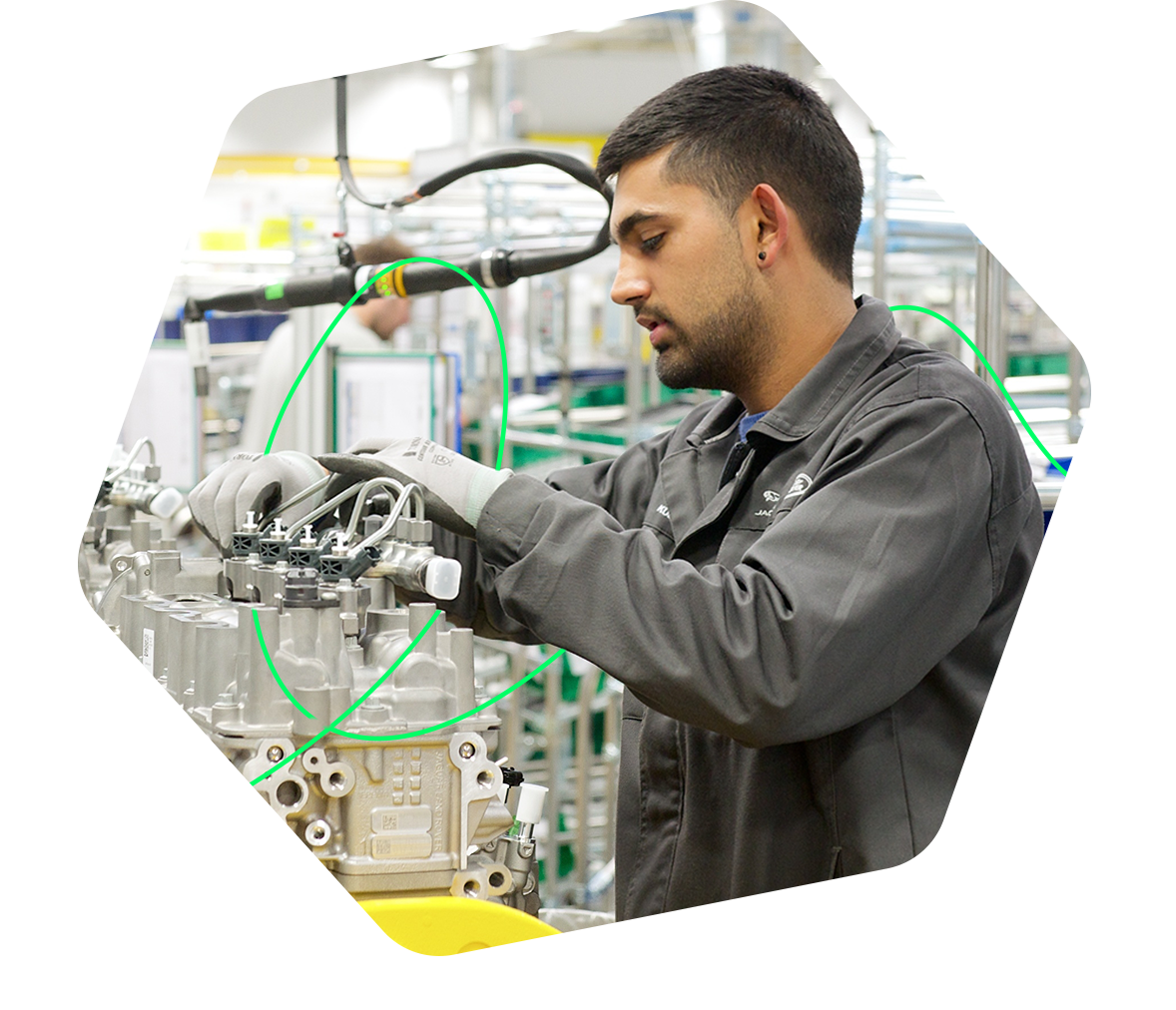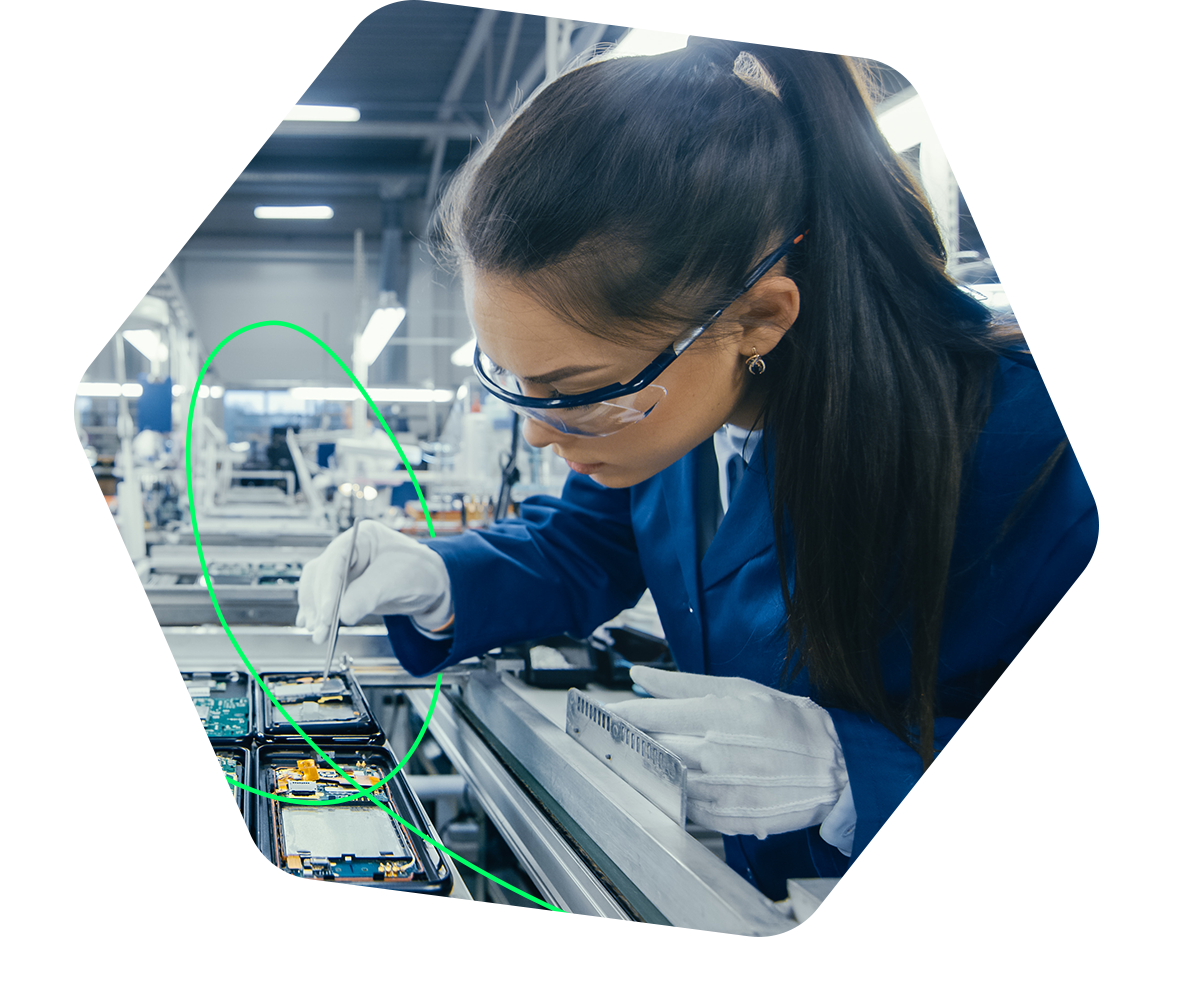Home > Taking Action > Our People
Why it matters
The people of the West Midlands are its greatest economic asset. Their ideas, aspirations and hard work make our economy tick, and will be the making of a more prosperous future.
Inclusive growth means better lives for our residents. Yet, we know many of our residents are held back from realising their aspirations for a better quality of life.
In the WMCA area, 36% of children live in poverty, rising to 62% in the most deprived areas. Life expectancy and health outcomes are below national averages, limiting employment and economic growth. Nearly half a million residents are economically inactive, with many citing health or caring responsibilities. Youth unemployment is high at 8.8%, and racial inequalities persist in the job market. Fewer people with long-term health conditions are employed in the region and more residents cite health problems as the main reason preventing them taking up employment. If we tackle issues early, like childhood obesity and youth mental health, the more easily we will be able to grow our economy in the longer-term.
While we have our challenges, promising change is underway. Over the past decade, the proportion of working age residents with degree-level qualifications has increased by around 10%. Also over this period, the proportion of residents with no formal qualifications has dropped from one in 6 to one in 9. Our region is moving towards a high-skill economy, with over half of jobs expected to be at Level 4 by 2035 – creating opportunities for our residents to access better-paid jobs with higher wages.
Our Growth Plan backs our residents to go further.









